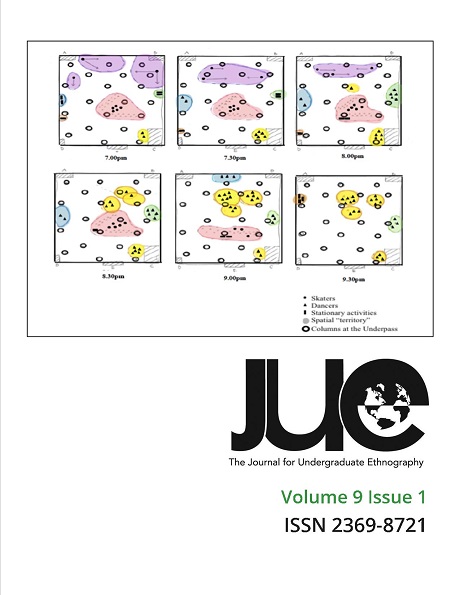Ideology and Postvernacularity in 21st Century Yiddish Pedagogy
DOI:
https://doi.org/10.15273/jue.v9i1.8886Keywords:
language ideologies, linguistic anthropology, Jewish studies, Yiddish, PolandAbstract
In this paper, based on five weeks of ethnographic field work in a Yiddish classroom in Poland, I describe how Yiddish language ideologies were realized and enacted within the classroom by language learners and teachers alike. This paper connects these language ideologies and classroom practices to larger historical negotiations of the Jewish past occurring within contemporary Poland, negotiations that center around memory and space. I argue that Yiddish can be understood as an object in cultural flux, discursively framed by multiple intersecting and, at times, contradictory narratives. Focusing on Yiddish language classrooms in contemporary Poland in particular, I demonstrate how Yiddish is embedded in non-Jewish Polish narratives and historical negotiations, as well those of diaspora Jewry.Downloads
Published
2019-03-12
Issue
Section
Articles


